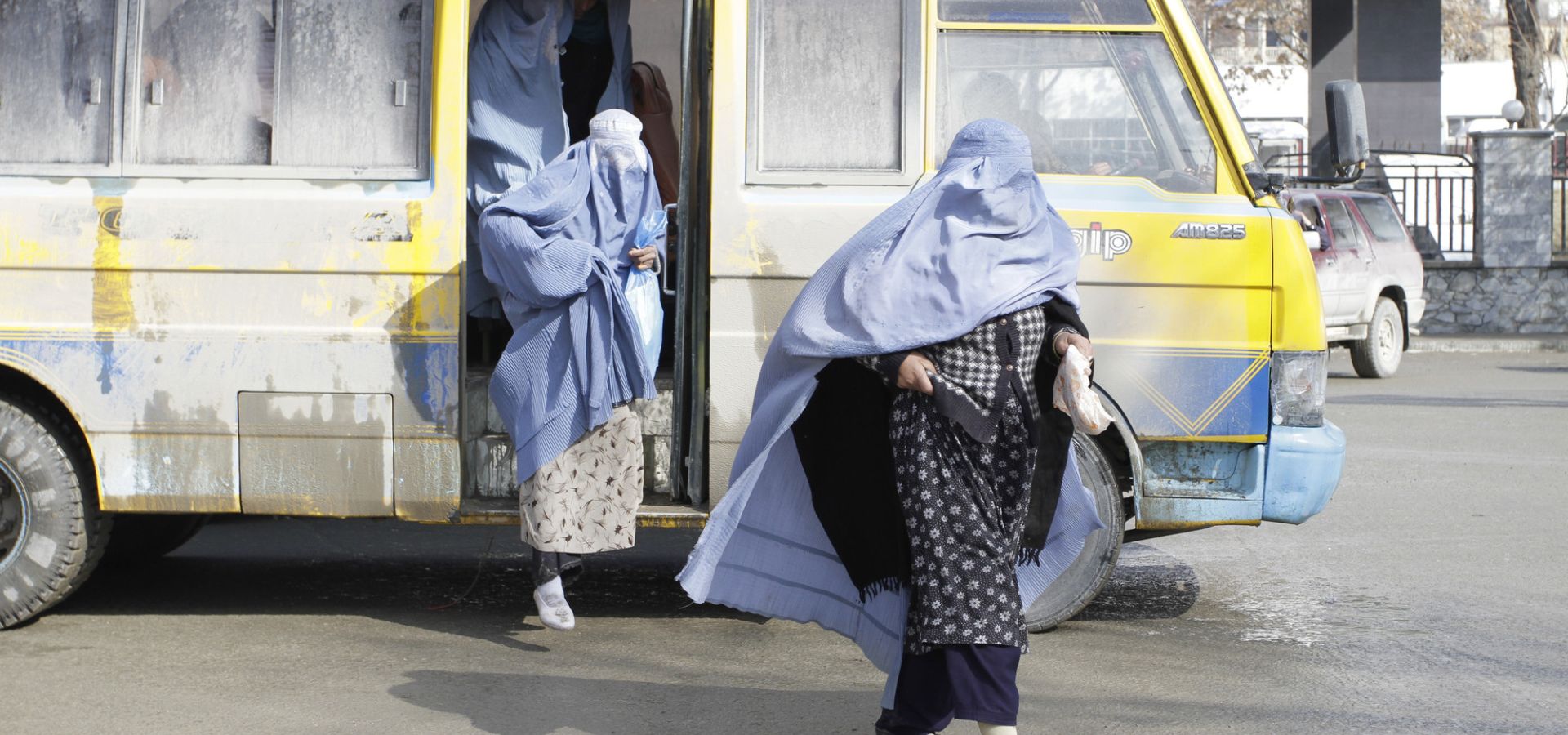Cascade
The facts around the world
Your support has helped us provide women with the accurate information and health resources they need to prevent the spread of disease. From handwashing to hygiene kits, women across the world are better prepared to protect themselves, their families, and their communities from coronavirus, with many drawing on the power and leadership they learned during the programme to educate others.
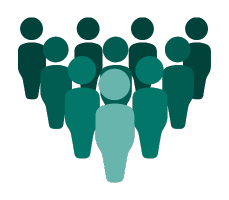
domestic violence experiences by women in conflict zomes
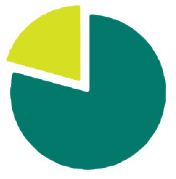
people are affected by some form of violence or insecurity
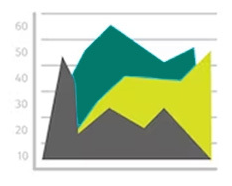
of the world's 54 million refugees are women and children
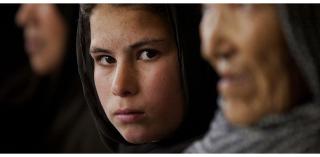
1.2 Billion
people are affected by some form of violence or insecurity
We've started this process in the DRC and Nigeria where we are gradually involving women back into training sessions. For now, we are prioritising women who have already been enrolled to continue their training, Sponsors whose sister return to continue her training will be able to continue sponsoring the same woman. With your help, we can continue to support women in staying safe and healthy during this crisis - and to stand by them as they rebuild their lives afterwards.
It has probably become more dangerous to be a woman than a soldier in an armed conflict.
cross our country programmes, all of your in-person trainings were temporarily suspended to protect the health and safety of women we serve and our staff, and in compliance with government measures.
We are constantly monitoring the local situation. As contexts around COVID-19 change in some locations and governments can ease restrictions, in-person trainings will carefully and gradually resume so women can continue their journey of transformation. In the face of this dynamic pandemic, we are taking every precaution to ensure everyone's health and safety, which requires flexibility with training schedules and may mean rolling closures. But we remain committed to supporting women in the middle of crisis.
We've started this process in the DRC and Nigeria where we are gradually involving women back into training sessions. For now, we are prioritising women who have already been enrolled to continue their training, Sponsors whose sister return to continue her training will be able to continue sponsoring the same woman. With your help, we can continue to support women in staying safe and healthy during this crisis - and to stand by them as they rebuild their lives afterwards.
We are urgently appealing for more funds to support our programmes in conflict affected countries during this difficult period. There is a critical need to provide women survivors of war with the skills, resources and confidence to help them and their communities survive through the pandemic and build back better.
We've started this process in the DRC and Nigeria where we are gradually involving women back into training sessions. For now, we are prioritising women who have already been enrolled to continue their training, Sponsors whose sister return to continue her training will be able to continue sponsoring the same woman. With your help, we can continue to support women in staying safe and healthy during this crisis - and to stand by them as they rebuild their lives afterwards.
Across our country programmes, all of your in-person trainings were temporarily suspended to protect the health and safety of women we serve and our staff, and in compliance with government measures.
We are constantly monitoring the local situation. As contexts around COVID-19 change in some locations and governments can ease restrictions, in-person trainings will carefully and gradually resume so women can continue their journey of transformation. In the face of this dynamic pandemic, we are taking every precaution to ensure everyone's health and safety, which requires flexibility with training schedules and may mean rolling closures. But we remain committed to supporting women in the middle of crisis.
We've started this process in the DRC and Nigeria where we are gradually involving women back into training sessions. For now, we are prioritising women who have already been enrolled to continue their training, Sponsors whose sister return to continue her training will be able to continue sponsoring the same woman. With your help, we can continue to support women in staying safe and healthy during this crisis - and to stand by them as they rebuild their lives afterwards.
We are urgently appealing for more funds to support our programmes in conflict affected countries during this difficult period. There is a critical need to provide women survivors of war with the skills, resources and confidence to help them and their communities survive through the pandemic and build back better.
Women perform two-thirds of the world's work, produce half if its food, and earn only 10% of its income.
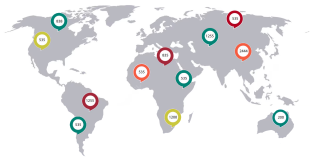
WOMEN FOR WOMEN INTERNATIONAL HELPS WOMEN SURVIVORS OF WAR REBUILD THEIR LIVES
-
 Conflict Response
Conflict Response
-
 Men's Engagement
Men's Engagement
-
 Country Programmes
Country Programmes
-
 Graduates
Graduates
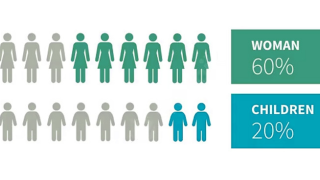
Response to the COVID-19 pandemic
How we are supporting women survivors of war during this global health crisis
As cases of COVID-19 increase worldwide, W4WI is monitoring and assessing the situation, so we are ready to take steps to protect the health of women we serve in countries affected by conflict, the staff in those countries who deliver our programme and our staff around the world who raise vital funds for this work.
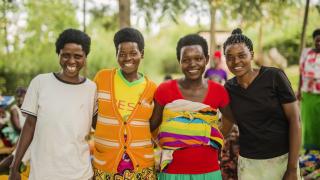
Back to school with a difference
Women in Iraq start online classes
This month, students across the UK are returning to the classroom after the long COVID-19 shutdown - and in the conflict-affected countries where we work, women are also being reunited at our training centres after months apart. In Iraq participants enrol in online classes as COVID-19 lockdowns continue.

